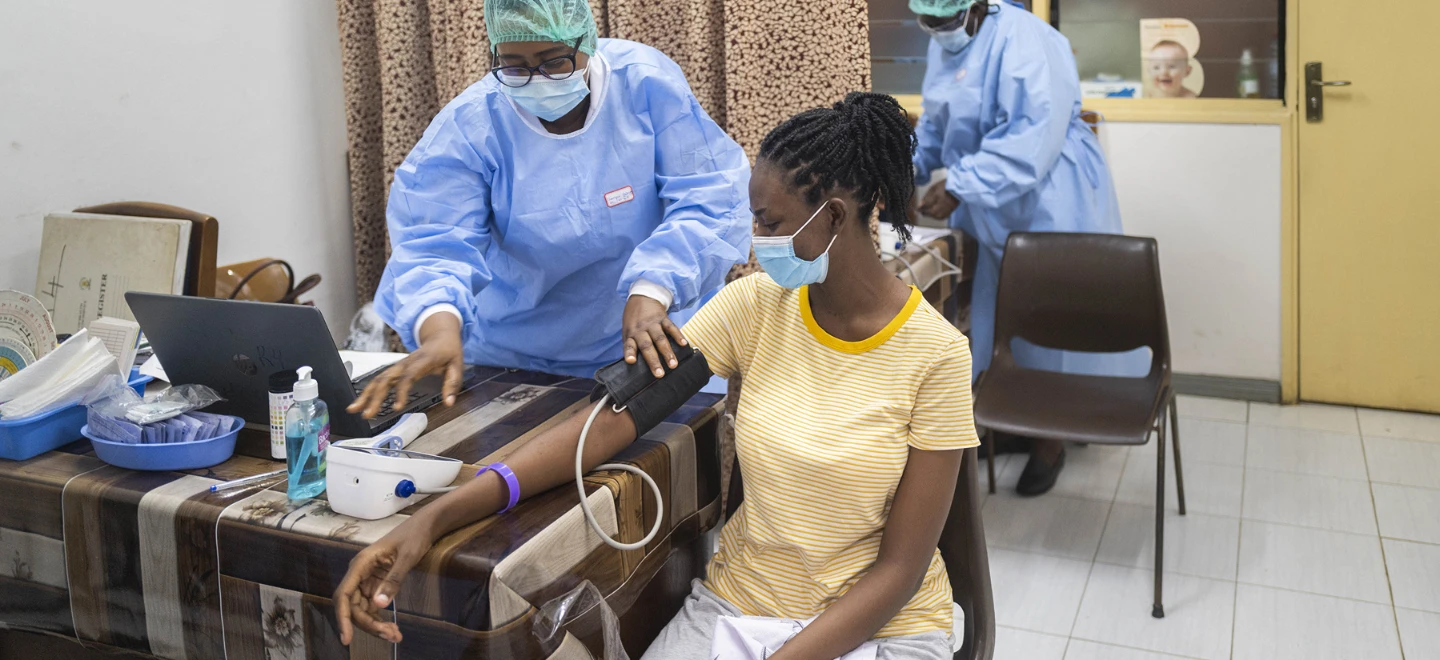The Issue
Chronic Kidney Disease (CKD) is a silent epidemic in Nigeria, affecting millions of people, yet access to life-saving dialysis remains a luxury many cannot afford. According to the Nigerian Association of Nephrology (NAN), over 25 million Nigerians are living with CKD, with an estimated 100,000 new cases annually. However, due to financial constraints, only about 10% of patients who require dialysis can afford consistent treatment, leading to high mortality rates World Kidney Day Nigeria, 2024
Dialysis session costs averagely ₦50,000 in government hospitals and significantly higher in private facilities. Patients require at least two to three sessions per week, amounting to about ₦600,000 per month, a figure beyond reach for the over 38.9% of Nigerians living below the poverty line World Bank, 2024.
The escalating prevalence of CKD in Nigeria, coupled with the exorbitant costs of treatment and inadequate healthcare infrastructure, underscores a pressing public health crisis.

Our Approach
Recognizing this pressing issue, Olivehill Development Initiative’s Dialysis Support Project is a bold response to this crisis, offering financial aid, advocacy, and patient support for Patients with Chronic Kidney Disease in underserved communities. In the pilot project of this dialysis support project, “Project 35” the Foundation provided fully funded dialysis sessions for 35 patients with End Stage Renal Disease (Chronic Kidney Disease) for 3 months.
Through Project 35, we are:
- Reducing Financial Barriers: Patients who qualify will receive free dialysis sessions throughout the project period (3 months), ensuring uninterrupted care.
- Creating a Lifeline of Hope: By targeting individuals from low-income and underserved communities, we are prioritizing those who would otherwise have no access to treatment.
- Raising Awareness & Promoting Prevention: By documenting and sharing the stories of those affected by Chronic Kidney Disease (CKD), we aim to educate the public on its prevention, early detection, causes, risk factors, and symptoms. Through this effort, we contribute to reducing the CKD burden before it escalates into a crisis for more families.